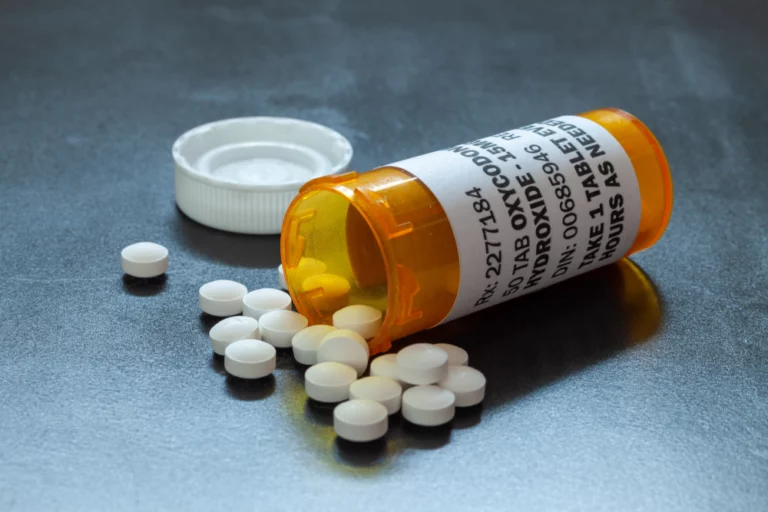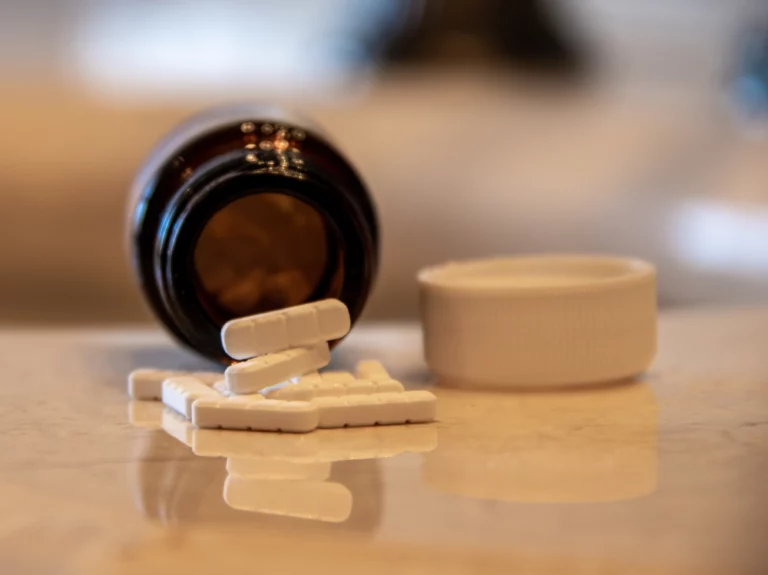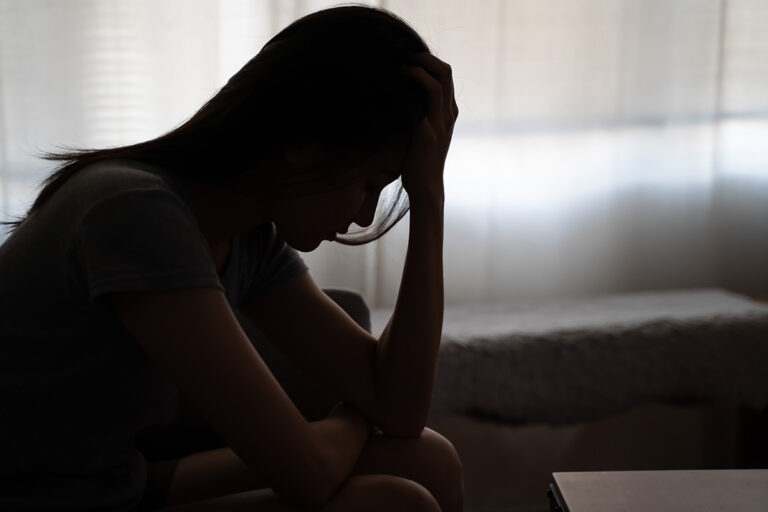How Does Mental Health Affect Teens?
Your mental health plays a pivotal role in your overall well-being and quality of life. Unfortunately, many people, including teens, may not understand how important their mental health is to the rest of their life. From impacting your performance at school, to your relationships, and more, there are several ways a teen’s mental health affects their life (for better or for worse!). Keep reading below to learn more about how does mental health affect teens.
Louisville Recovery Center offers top-rated mental health and addiction treatment in Louisville so patients can take back control over their health and quality of life. We help patients receive the personalized care that they need to lead healthier, happier lives. No more suffering in silence with your addiction. Ready to begin your recovery journey? Contact us today!
5 Ways Mental Health Affects Teens
Interested in learning more about how mental health affects teens? There are so many ways that your mental health impacts virtually all areas of your life. Keep reading to learn more!
School Performance
First, oftentimes, if a teen is struggling with their mental health, it will negatively impact their school performance. This is because struggling with a mental illness can make it difficult to focus, concentrate, and also difficult to complete tasks or study, because your mental illness symptoms can sometimes seemingly take over your life. Therefore, if you notice that your child is unexpectedly experiencing a significant drop in their school performance, it is important to take notice as they may be struggling with their mental health.
Relationships
Next, a teen’s relationships with friends and family members will also oftentimes suffer if they are struggling with a mental illness. This is because the teen may feel more inclined to stay by themselves and disengage from social activities with others because they just want to be alone. While it is normal for a teen to want to be alone (especially if they are more introverted), if you find a significant change in their desire to spend quality time with others and interact with their friends, this is worth taking note of.
Abusing Drugs or Alcohol
Abusing drugs or alcohol is another big sign of how one’s mental health can impact a teen’s life for the worse. While some teens may abuse drugs or alcohol out of peer pressure or a desire to experiment and fit in, others may abuse drugs or alcohol as a means to try and cope with their unresolved mental health symptoms.
Direction in Life/Goals for the Future
Next, a teen’s mental health can also impact their outlook on life and their future goals and plans for their life. If a teen is struggling with their mental health, they may have a difficult time having future goals for themself. While the future can be daunting for any teen, if a teen is constantly avoiding thinking about the future and has no direction in life this can also be a sign they may be struggling with a mental illness.
Physical Health and Well-Being
Finally, mental health can also affect a teen’s physical health and well-being. Oftentimes, when a teen is struggling with an untreated mental illness they may neglect other areas of their life, such as their physical health and grooming. This may look like not maintaining their personal hygiene or losing/gaining a significant amount of weight in a short period of time. This can also look like consistently not getting enough sleep each night.
Help Is Available
Now you know more about the question “how does mental health affect teens”. The answer is that one’s mental health can impact virtually all areas of their life for better or for worse. From one’s self-confidence to their grades in school, if a teen is struggling with a mental health problem, oftentimes it will show itself in a number of ways. If you or a loved one are struggling with addiction or mental illness, it’s critical you seek the professional help that you need. Louisville Recovery Center offers mental health treatment for adolescents that can help.
Louisville Recovery Center is committed to helping patients safely and effectively transform their lives for the better. Whether you are struggling with a drug addiction, mental illness, or co-occurring disorder, we are here to help. We offer a range of evidence-based and holistic therapies so patients can receive the best possible treatment.
Ready to begin your recovery journey? Contact us today to learn more!
Frequently Asked Questions
Should I seek professional help for my mental illness?
If you suspect you may be struggling with a mental illness, it is important to consider seeking a diagnosis and getting professional treatment for your condition. This is because a failure to address your mental illness symptoms can cause you to struggle in various areas of your life, as illustrated above. From a decline in academic performance to struggling to connect with friends and family members, there are a number of ways in which a mental illness can interfere with virtually all areas of your life for the worse. This is why it is so important to never ignore or hide your mental illness.
Which treatment option is right for me?
We offer a wide range of addiction and mental health treatment options depending on your unique recovery needs. Some patients may benefit from individual talk therapy, such as cognitive behavioral therapy. Meanwhile, other patients may benefit from group therapy, family therapy, or holistic treatment options.
How long will it take for me to heal?
Recovering from a drug problem or mental illness is a lifelong journey. While patients typically spend anywhere from weeks to months in treatment, it is important to understand that maintaining the coping strategies you learned during your time in treatment is essential. This is because you will inevitably be faced with triggers in your life that have the potential to negatively impact your recovery journey progress.
If you are recovering from managing a mental illness, it is important to practice the healthy coping strategies you learned during treatment and/or consider seeking ongoing outpatient treatment to help you effectively manage your mental health symptoms.







